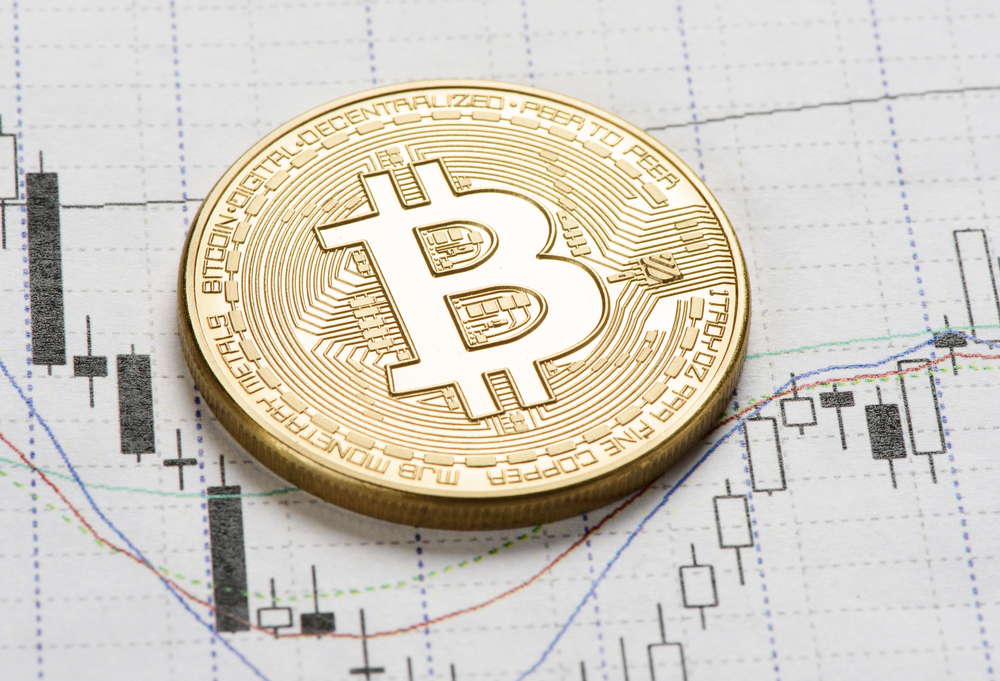Analysts: Be Ready For Trading Frenzy If SEC Approves A Bitcoin ETF

Should the Securities and Exchange Commission (SEC) approve the Winklevoss Bitcoin ETF on March 11, expect a speculative rush on bitcoin, according to Rob Curran, writing in The Wall Street Journal .
Once approved, an easily accessed ETF would provide a chance for average investors to participate in the bitcoin market, bringing droves of new investors.
Fears Over Irrational Exuberance
Christopher Burniske, blockchain products lead at ARK Investment Management, which invests in an ETF-like fund that trades over the counter, said he is concerned that a bitcoin ETF could bring irrational exuberance if bitcoin’s price significantly appreciates.
SEC approval will allow the Winklevoss Bitcoin ETF to trade on the BATS Global Market exchange.
Two other bitcoin ETFs, the Bitcoin Investment Trust and the SolidX Bitcoin Trust, have also filed with the SEC to be listed on the New York Stock Exchange and would also give ordinary investors more access to bitcoin investing.
Most bitcoin observers say a bitcoin ETF is inevitable.
Bitcoin Owners Stand To Profit
The Winklevoss twins, who filed the application, would gain from any price increase the ETF brings as they are among the largest individual bitcoin holders. The same is true for Barry Silbert, the entrepreneur who operates the Bitcoin Investment Trust.
Neither the Winklevoss twins or Silbert would comment.
The SEC has raised questions about bitcoin since the Winklevosses applied for approval in 2013. Could robots hijack most of the mining capacity and disable the system? Could the fund be hacked? Could bitcoin split into two rival currencies?
Needham & Co. analyst Spencer Bogart said the Winklevosses have addressed security questions, including keeping private keys locked in offline computers. Different individuals in various locations would need to grant access at the same time to a bad actor seeking to see the keys.
Bogart nonetheless said the SEC could deny approval since the Winklevosses have kept many fund functions private.
SEC Concerned About Conflicts
Kyle Murray, a BATS lawyer, told the SEC in November the disclosure of the Winklevosses’ different roles and the involvement of independent administrators and auditors could prevent possible conflicts.
The small size of the bitcoin market could, however, be seen as an impediment to proper trading.
Bogart estimated at least $300 million would pour into any approved bitcoin ETF in the first week. Institutional investors such as pension funds have not been able to participate in bitcoin since their charters require their securities to be registered.
Burniske said it is not possible to purchase $2 million in bitcoin on any given day on U.S. exchanges without moving the market.
For every ETF share sold, an “authorized participant” will need to purchase an equivalent amount of bitcoin.
Also read: Why the SEC should approve the Winklevoss Bitcoin ETF
Approval Will Impact Bitcoin
Bobby Cho, who trades bitcoin for Cumberland Mining, a bitcoin-focused unit of the DRW trading firm, said the impact of participants sourcing $300 million would be 10 times the daily volume going through any of the exchanges.
If the Winklevoss fund is not approved, the Bitcoin Investment Trust will be the closest thing to a bitcoin ETF. The Bitcoin Investment Trust uses a private trust structure managed by Grayscale Investments LLC, which is part of Digital Currency Group. Only accredited investors can purchase its shares on the primary private market. The shares are priced in line with bitcoin. Investors keep holdings locked for a year before they can sell on a secondary market, OTCQX, an OTC market. The shares currently sell at a 15% premium compared to bitcoin’s underlying value.
High demand and possibly a lack of sophistication causes the OTC traders to overpay, Bogart said.
Burniske, meanwhile, is reading a history of financial bubbles to prepare for the March 11 decision.
